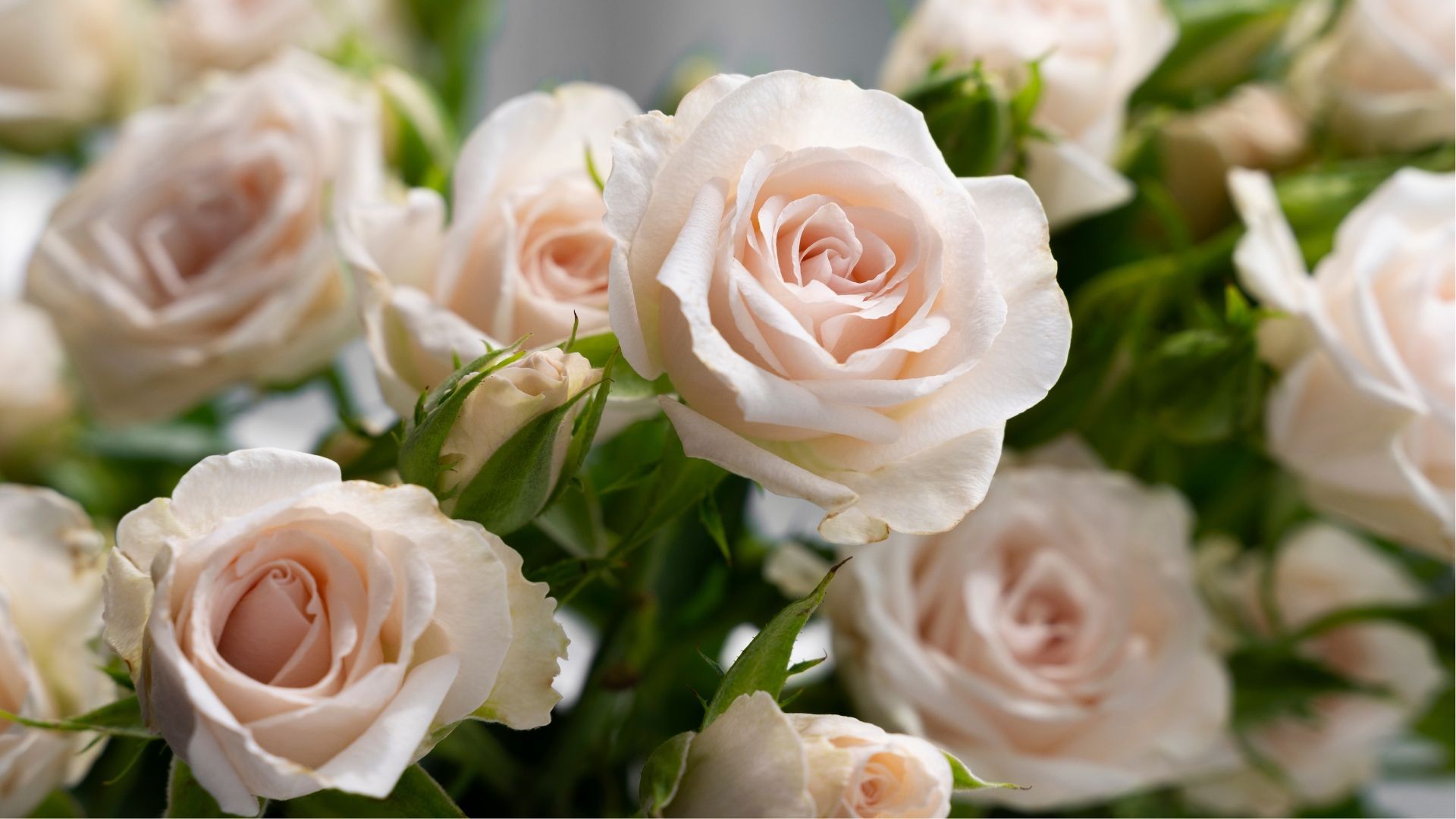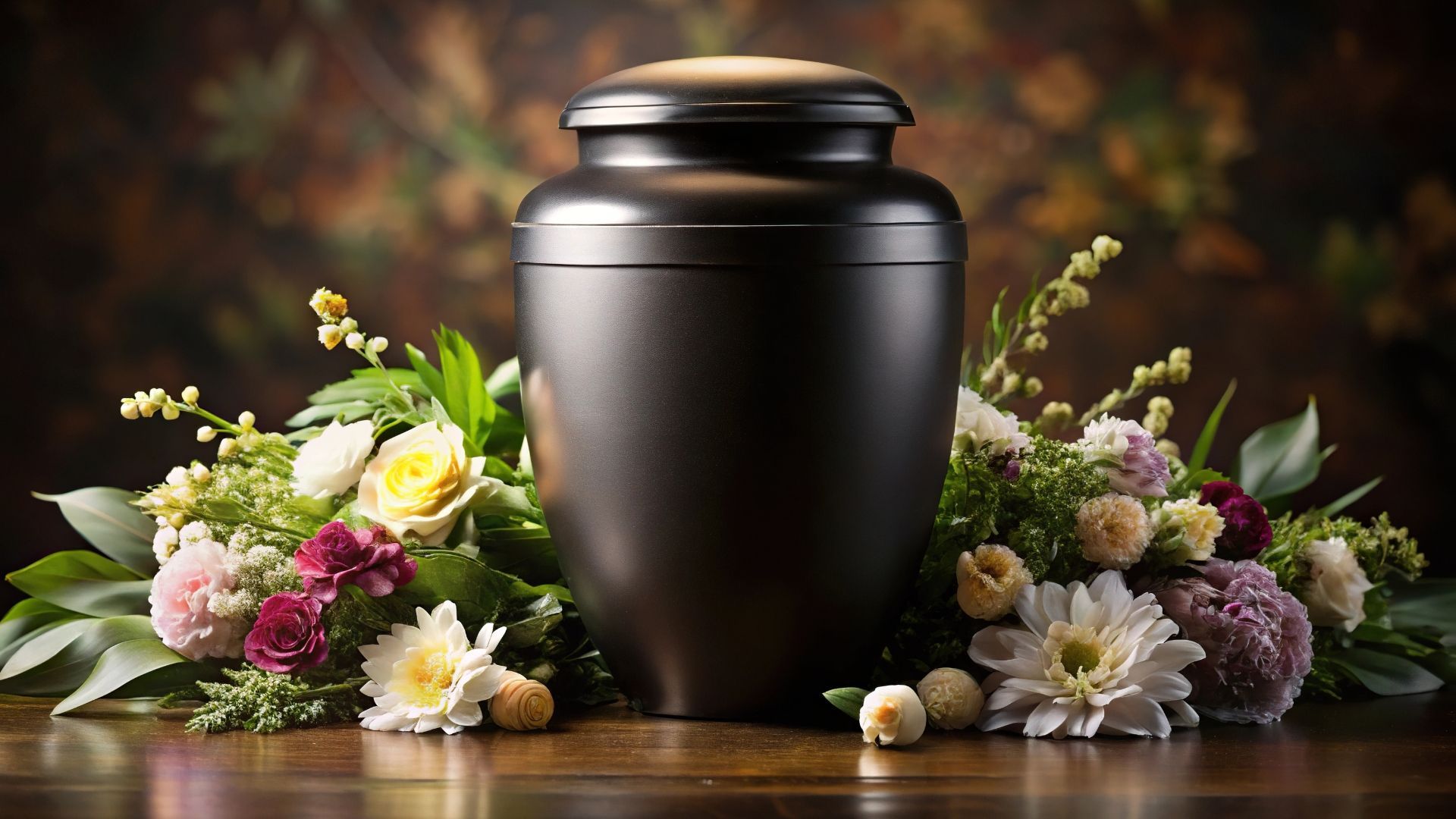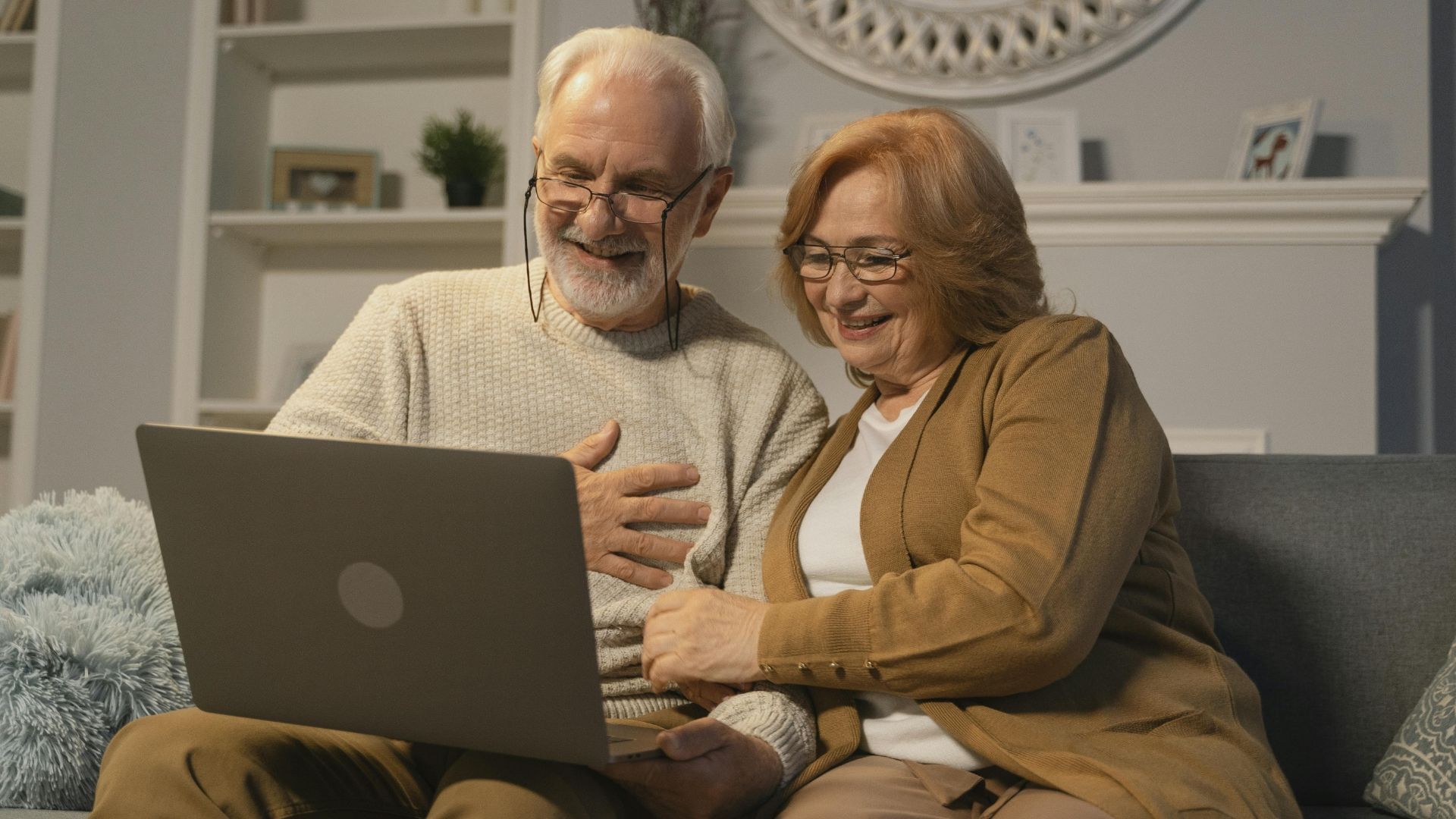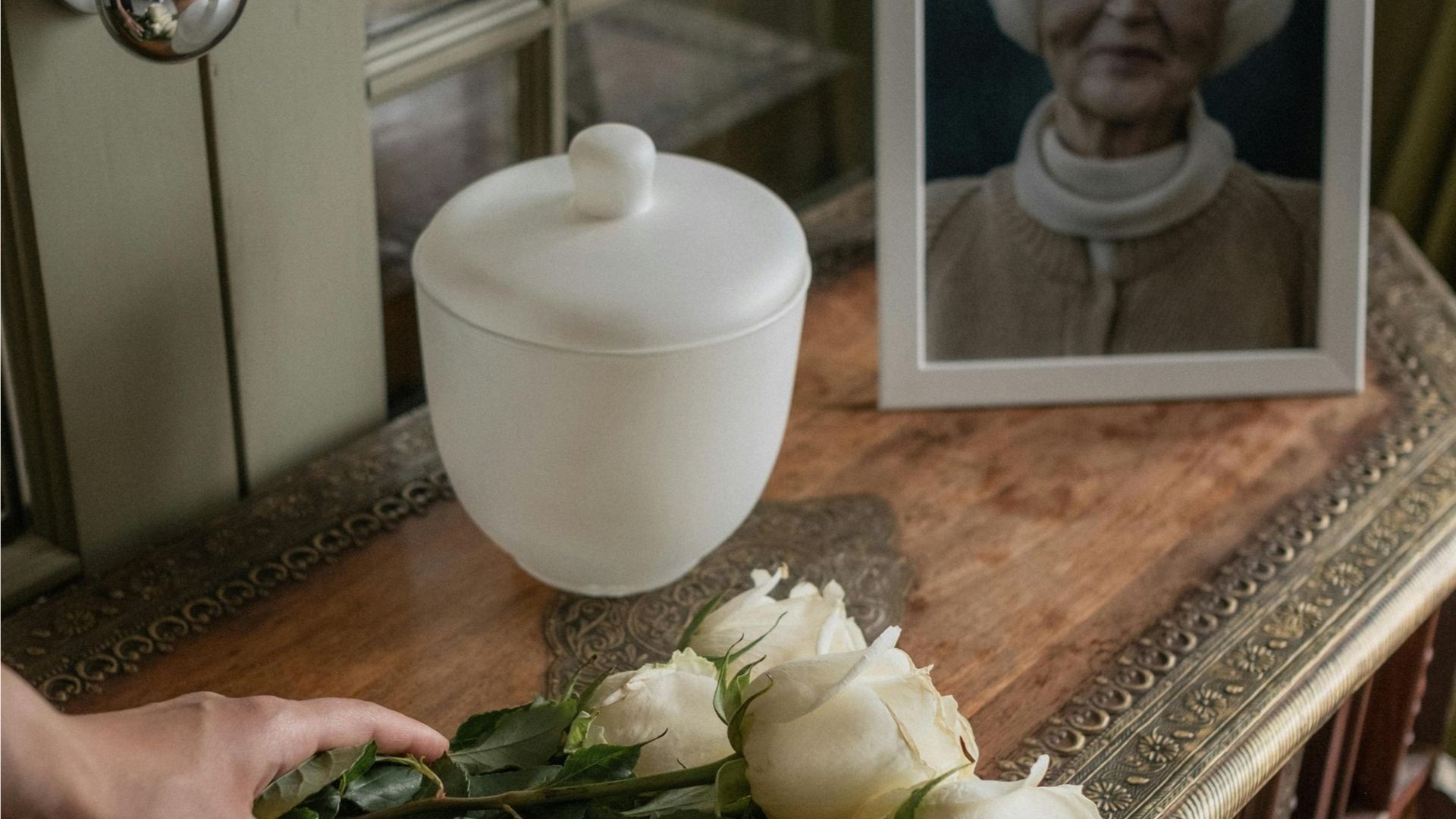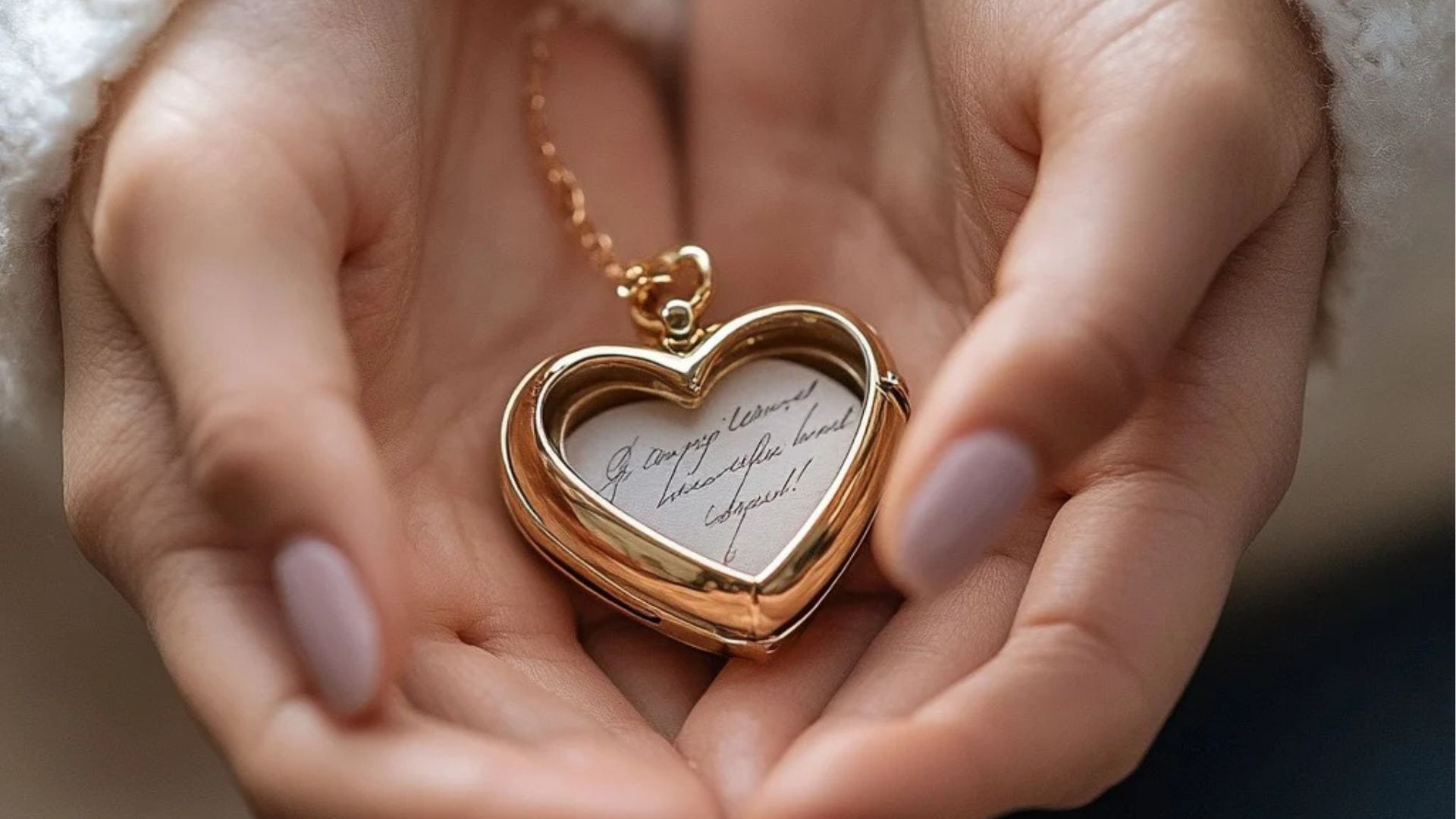The future of funerals in the UK
Funerals are changing fast. Learn how – and why – in our 5-minute guide to funeral trends in the UK.

Ask people in the UK what they think funerals are like and you'll soon detect some recurring themes. Funerals are sombre. Guests wear dark, smart clothing. There might be hymns, prayers or other religious rites.
Of course, this only paints part of the picture. The UK is a diverse place – home to people of many cultures and faiths. These people follow an equally diverse range of funeral traditions – some of which bear little resemblance to the dark-suited, austere ceremonies many of us are used to.
Still, the prevailing perception of funerals is that they're sad, serious and quietly respectful. And there's nothing wrong with that.
But in recent years, attitudes have started to change. While the prevailing image of the traditional UK funeral remains fixed in our minds, it seems we have different ideas for our own send-offs.
So, what's changed – and what might the future of funerals look like here in the UK?
More people are choosing not to have a funeral
When the COVID-19 pandemic hit hard in 2020, it was a time of great crisis for Britain and the world. But some of us bore the brunt of the impact more than others – not least our nation's mourners.
For much of the pandemic, there were strict limits on funerals in the UK. Funeral guests, for instance, were advised to wear face masks and avoid singing songs or hymns.
But the tightest restriction of all was on attendance. In England, during the height of lockdown, only 30 people were allowed to go to funeral ceremonies.
Consequently, many of us missed our chance to say goodbye in person. Instead, mourners were forced to watch the funeral at home via an online livestream – or, if that option wasn't available, forgo the funeral altogether.
This was a tragedy on top of a tragedy. Yet, it appears to have sparked a sea change in the way we think about goodbyes. More and more people, it seems, are questioning whether a funeral service is even necessary.
According to a SunLife study, the popularity of direct cremation – a type of unattended funeral without a service – skyrocketed in 2020. In the previous year, direct cremation accounted for just three percent of UK funerals – but by 2020, 14% of people were choosing the funeral-free option.
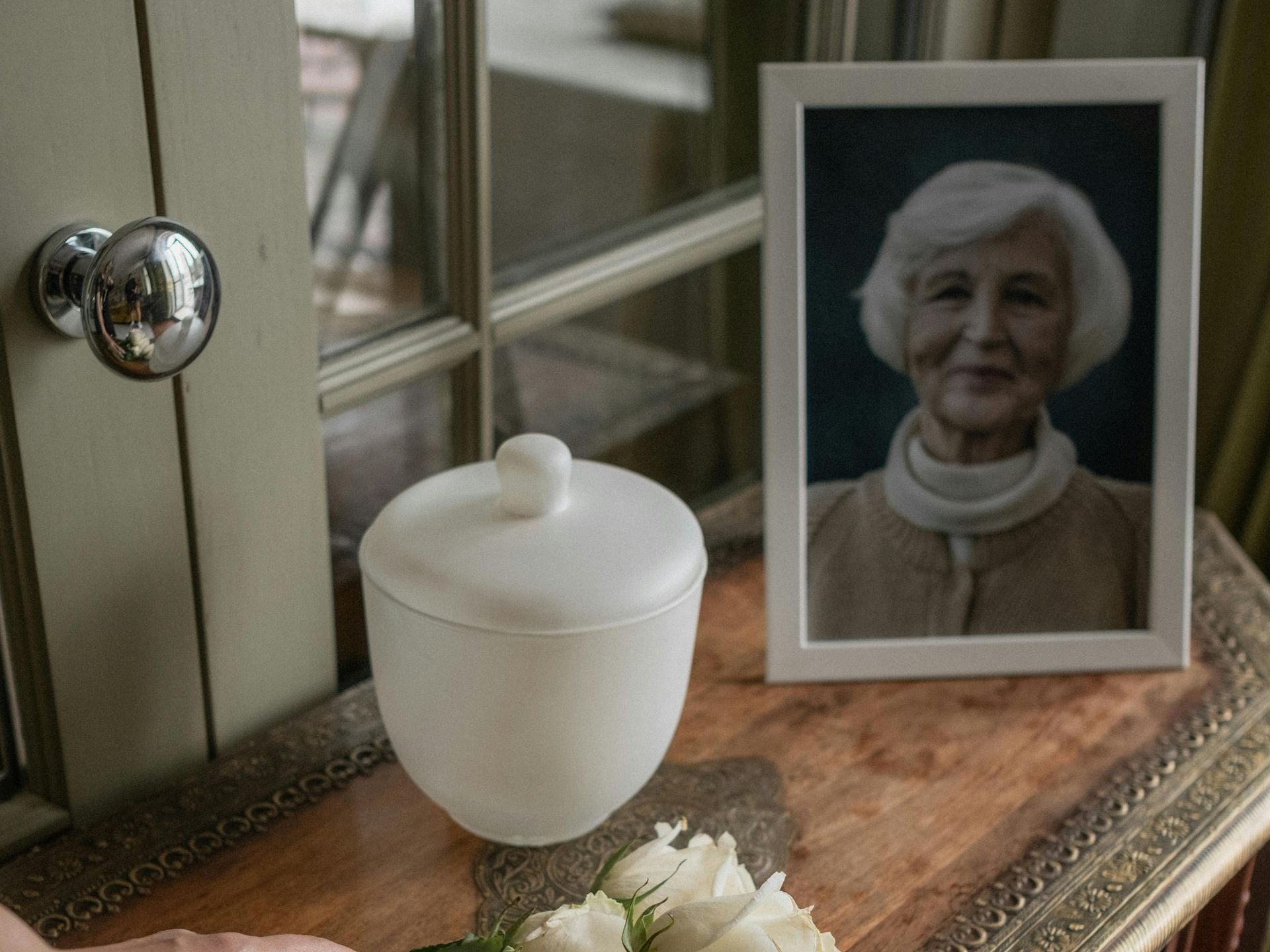
Its popularity hasn't waned in the post-pandemic years. In fact, direct cremation is now more popular than ever, accounting for 20% of funerals in 2023.
Could funeral-free funerals become the norm in future? Judging by the data, it certainly looks possible.
Funerals are becoming more expensive
When SunLife asked people what they wanted for their send-off, 30% said they wanted "a standard/typical funeral". This means it continues to be the single most popular type of funeral in the UK.
But it wasn't the most popular option. The majority, 37%, reported that they wanted their family "to spend as little money as possible".
This is understandable. SunLife's study was conducted in 2023 when average UK funeral costs hit £4,141. This represents a 126% increase on 2004's average.
And if SunLife's projections are anything to go by, prices won't go down anytime soon. The insurance firm predicts that average funeral costs will reach £5,126 by 2028.
People are exploring different types of funerals
Direct cremation isn't the only non-traditional funeral option to find favour in recent years. SunLife's survey participants reported a broad range of wishes, including Humanist funerals (at nine percent), direct burials (seven percent) and even burial at sea (two percent).
And it's not just the type of funeral that's changing – the tone is too. In 2023, 50% of people who organised a funeral said it felt like a "celebration of life". These types of celebrations often involve colourful clothing, upbeat music and lighthearted speeches – quite unlike the sombre funerals we're used to.
The trend is borne out by funeral directors, 77% of whom say they've seen an increase in the number of celebration-of-life funerals.
Attitudes, it seems, have been shifting for some time. Back in 2019, Co-op conducted a survey of its UK funeral directors and unearthed a wealth of unique requests from mourners. These included a funeral at a McDonald's Drive-Thru and a hearse themed around the iconic Only Fools and Horses car.
Climate change is changing how we think about death
Cremation and burial are by far the most common ways of putting a person to rest. But they're not the most environmentally friendly by a long shot.
With traditional burials, toxic chemicals can leach into the earth, impacting soil health and polluting groundwater. And cremation is an energy-hungry process that releases noxious gases like carbon monoxide into the atmosphere.
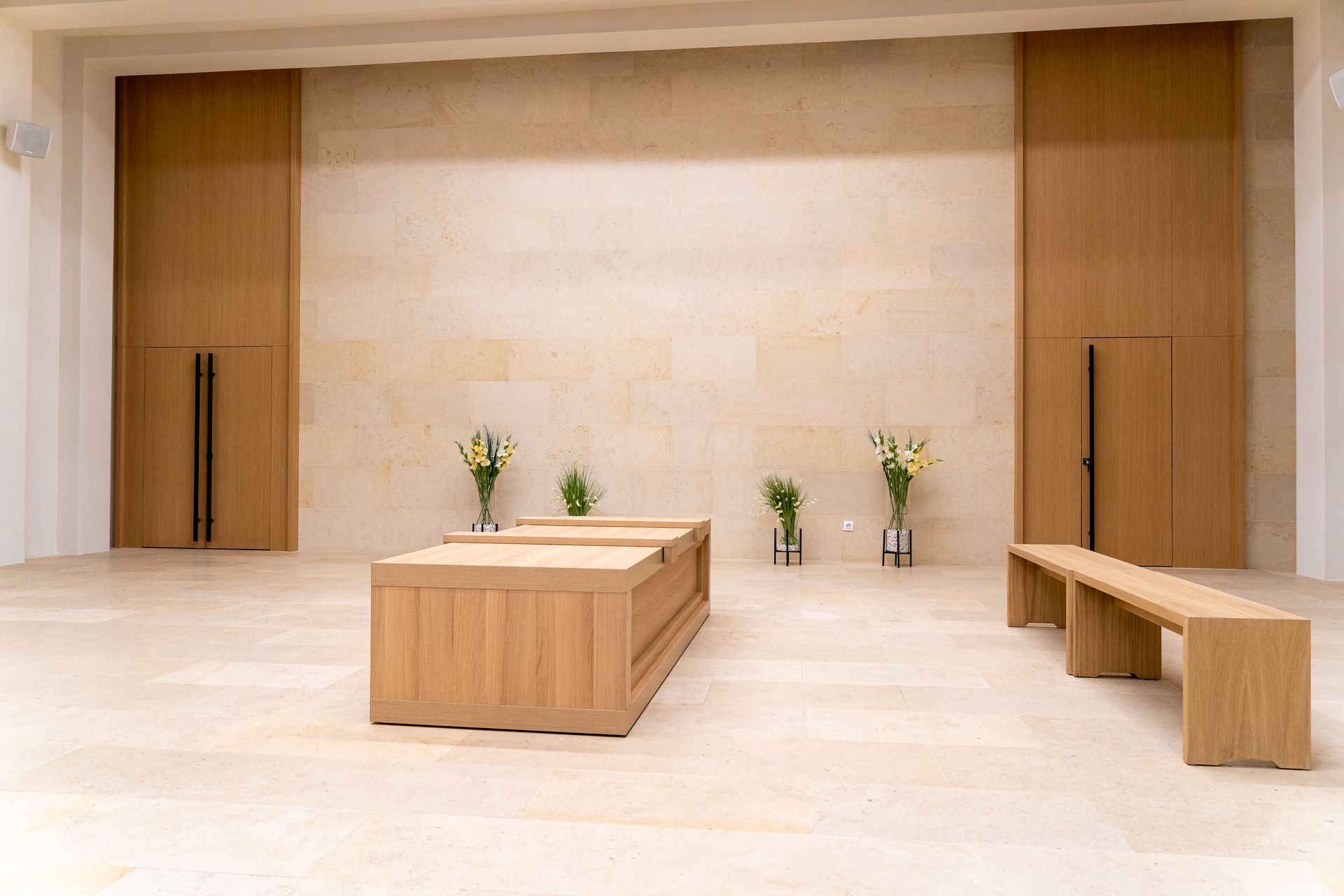
Environmental awareness is at an all-time high, so it's no surprise that we're looking for ways to
limit our carbon footprint when we die. As market research firm Ipsos concluded in 2019, "those who live consciously want to express those same values in death – and new innovations […] are emerging to meet this need".
One of the most popular of these innovations is green burial, where people are buried in meadows or woodland using eco-friendly coffins. In SunLife's poll, nine percent of people expressed a preference for this option.
More novel methods are emerging, too, including water cremation and terramation (also known as "human composting"). Water cremation was first offered in the UK in 2023 – and terramation, while currently illegal, may soon follow suit if campaigners get their way.
We're more aware of our digital legacies
It's natural to think about the impact we'll leave on the world around us. But until recently, we only had to worry about real-world concerns: our friends, our families, our wealth and our work.
But this is the digital age – and many of us live rich lives online, as well as in Sydney, Slough or Stirling. When we die, our social media profiles will leave a digital trail anyone can follow.
Social media companies have led the charge on digital legacies. Facebook, for instance, allows you to memorialise a person's account. This lets family and friends share memories on the person's Facebook page while preventing anybody from logging in.
That "logging in" part is key. Our digital legacies don't only include embarrassing photos and questionable comments. They also include reams of identifying data which, if compromised, can cause financial, emotional and legal upsets for those we leave behind.
Undoubtedly, we're more aware of our digital legacies than we were, say, 10 years ago. But we still have a long way to go. Research conducted in 2023 by St James's Place found that seven out of 10 Brits failed to mention their digital legacies in their will.
Clearly, this is a conversation more of us need to be having.
Are you looking for a way to memorialise a loved one online? Treasured Moments creates beautiful tribute sites that are tailor-made for your memories. Why not take a look at some of our tribute website examples?


